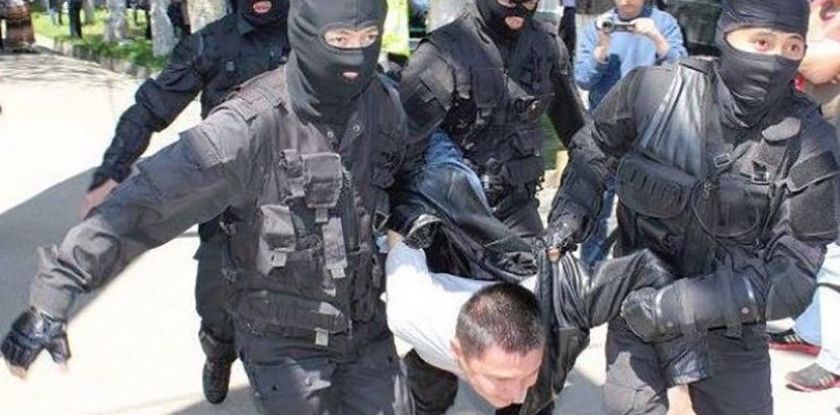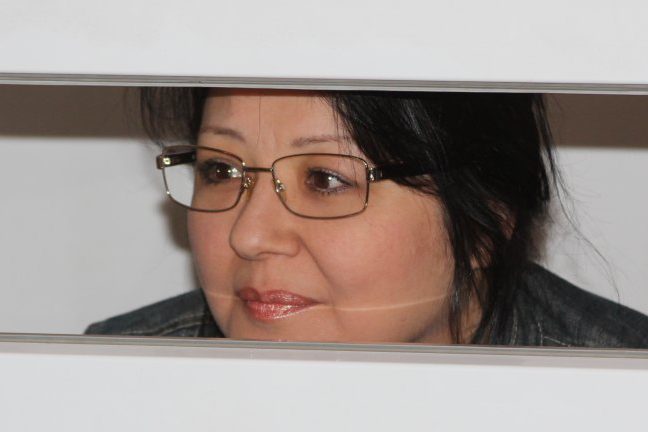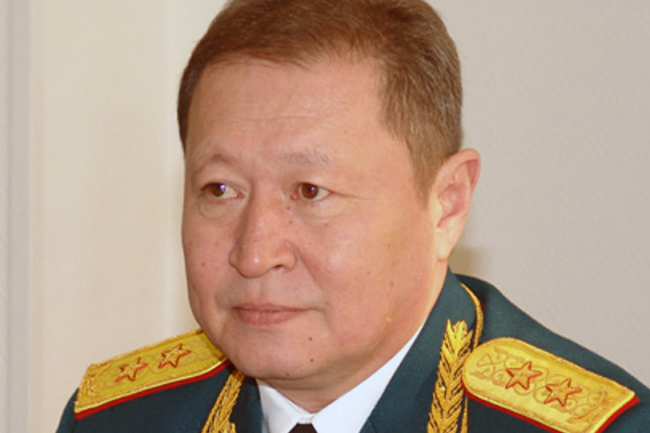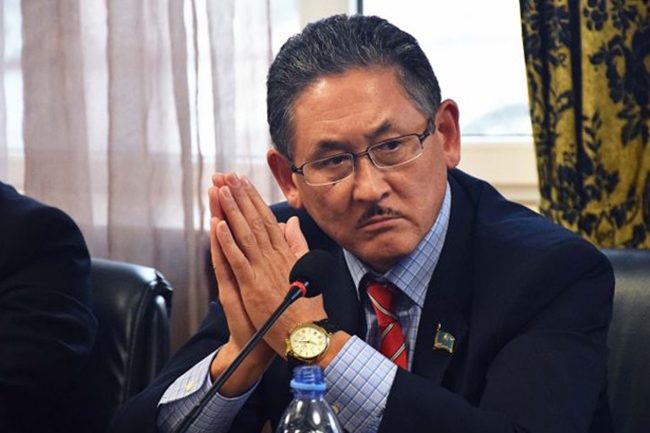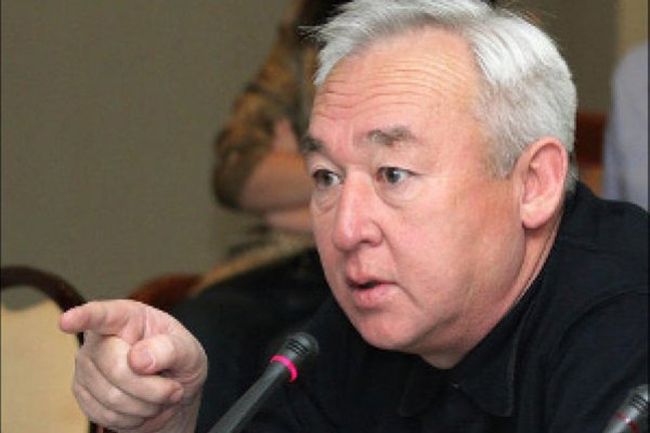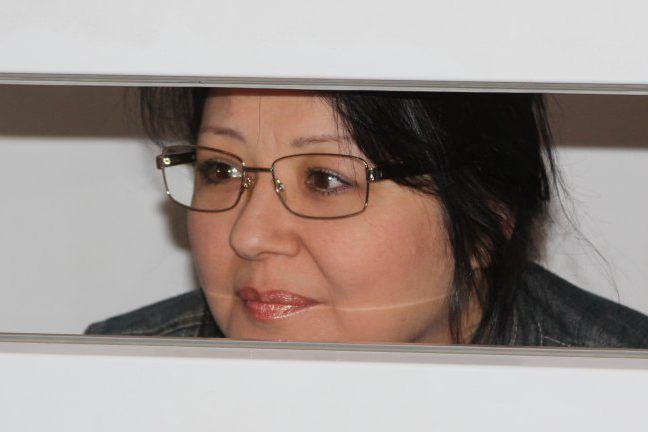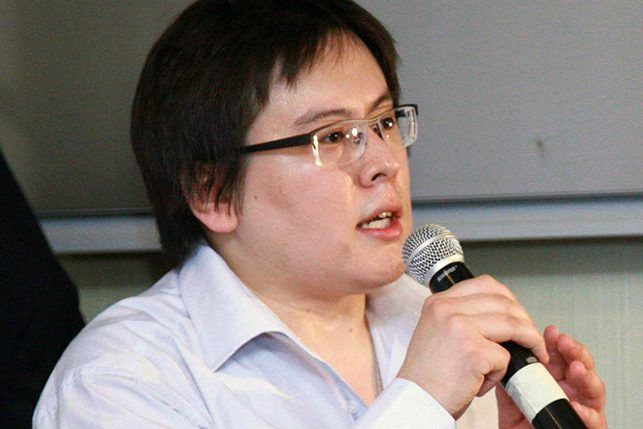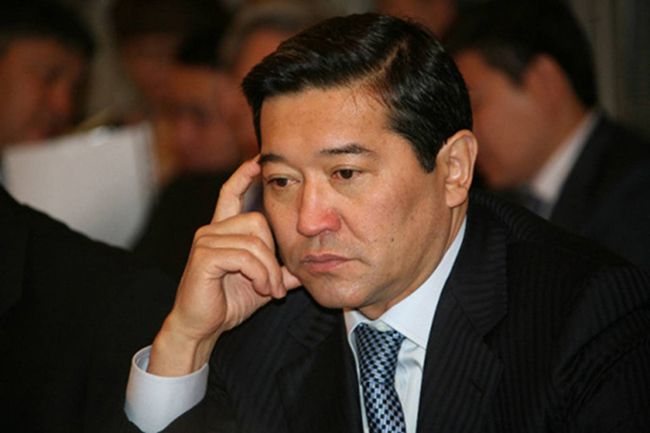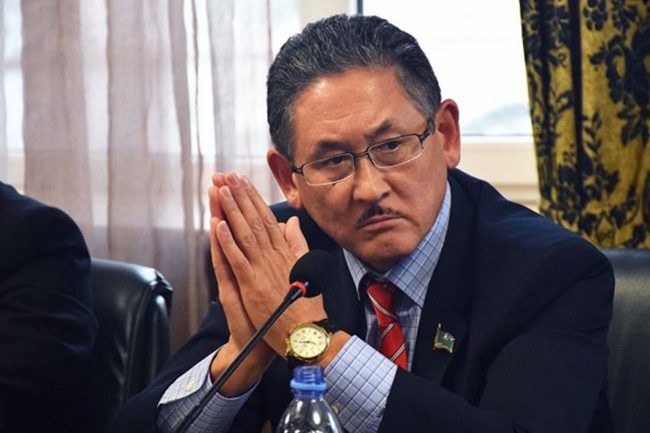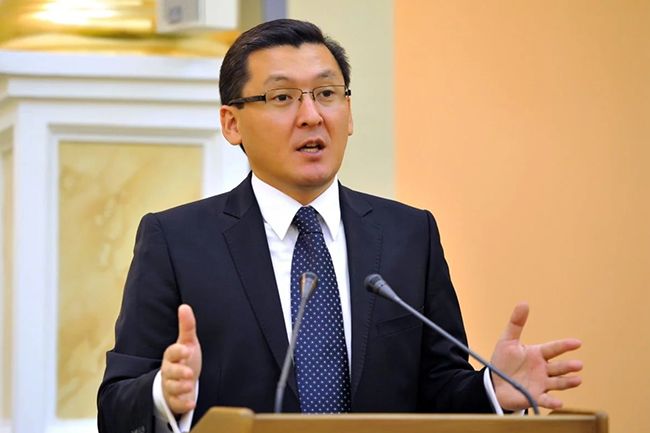A war against corruption, abuse of positions and embezzlement of public funds, has reached a scope, where it is not out of place to mention Stalin-era purges. Even though branding the current situation as such would be a gross exaggeration, some resemblance with the year 1937 is still there.
Let us start by saying that mass Stalin-era repressions were decidedly mass-scale, something that is impossible in present-day Kazakhstan, mainly because the country cannot close itself off from the rest of the world and the neighboring countries physically, economically and politically.
It cannot close itself off physically, because Kazakhstan is connected to Russia by thousands of miles in border length. Kazakhstan’s decision to build an iron curtain would require many years with tens of billions of dollars and an increase in border patrol. Plus, there will be a requirement to shoot at those who will try to leave the country of whom there will most likely be many.
The country also cannot close itself off economically, because Kazakh economy is intertwined with the world economy and global distribution of labor. This makes the country and its regime vulnerable to foreign public opinion. Plus, Kazakhstan needs foreign investors today more than ever, but not many of them will want to come to the country that represents a Central Asian version of North Korea.
Politically, Kazakhstan cannot close itself off, because, it is a country that is a minor political player on the world stage. If US and EU will impose economic sanctions against the country, including the arrest of offshore bank accounts and real estate of the members of the ruling elite as well as showing other signs of political pressing, Akorda will not be able to counter-pressure in any meaningful way.
Informationally, Kazakhstan will not be able to exclude itself, because it is a part of Russian and global informational space, in many ways. This can only be changed by putting the internet under government control, which will only cause opposition domestically and a negative reaction from other governments with all the expected consequence.
Still, all of the goings on in Kazakhstan, have definitely went beyond the limits of “normal” and can already be considered as acts of repression.
Reasons, for why Nazarbaev and Akorda do this are self-evident – a deep domestic policy crisis has combined with systemic economic crisis, lowering the level of domestic political stability with every passing day.
Under these conditions a strengthening of a war against corruption, abuse of government positions and embezzlement of public funds, is possibly the only viable way of making the ruling elite realize the critical nature of the situation, in order for it to mobilize and gather around the leader of the nation. It is this political course from the top of the ruling regime that leads us to describe the current situation in Kazakhstan as repressions.
The practice of persecuting corrupt officials and government employees who abuse their power has been used by law enforcement agencies before, but it was done while keeping in mind the political weight and connections of a given individual.
Later, after the ruling elite was formed, a power-sharing deal was done, dividing control over government and quasi-government cash flow and equity while also privatising public property, which resulted in clashes between the clans and other influence groups over the piece of the pie. As a result, law enforcement started arresting those, who used to be able to get away easily.
In the last three years, economic situation has drastically worsened, making the opportunities for enriching oneself via government jobs scarce. Based on our calculations, today the size of the ruling elite in Kazakhstan is about twice what the economy is able to sustain (including the shadow economy). Thus, a traitor of the nation “witch-hunt” campaign has widened in scope, and so did the number of its victims.
Additionally, there is a lack of caring at the top. As a result, law enforcement has received a blank check and will arrest, accuse and detain those who were unlucky enough to be in their field of view, those who were neglectful about paying their taxes, those have some sort of blackmail and those who were pointed out by the ruling elite. It is no doubt a full-on campaign, and the law enforcement have vested interests in it.
Also, since the rulers actively persecute those Kazakhstanis who are still brave enough to demonstrate civic activism, there is forming sense of the repeat of Stalin’s purges, in society. However, as we have mentioned before, that is impossible.
A question arises: what is possible then? The answer is – rise in the number of repressed people and widening of the list of accusations.
But the growth in the number of repressed people is prevented by organizational and staff restrictions, that can only be overcome through increases in labor productivity of operatives, investigators, prosecutors and judges. Even with recent changes in the criminal and procedural codes, this route will only have a limited effect, and the introduction of Stalin’s “twos” and “threes” is completely impossible.
However, the widening of accusations is already happening. Thus, it is not impossible that soon, treason, espionage and divulgence of state secrets will become standard accusations, especially against government workers, who are not tied to cash flows, government contracts and other material gains. All of this is not to mention “wrong” posts on social media.

